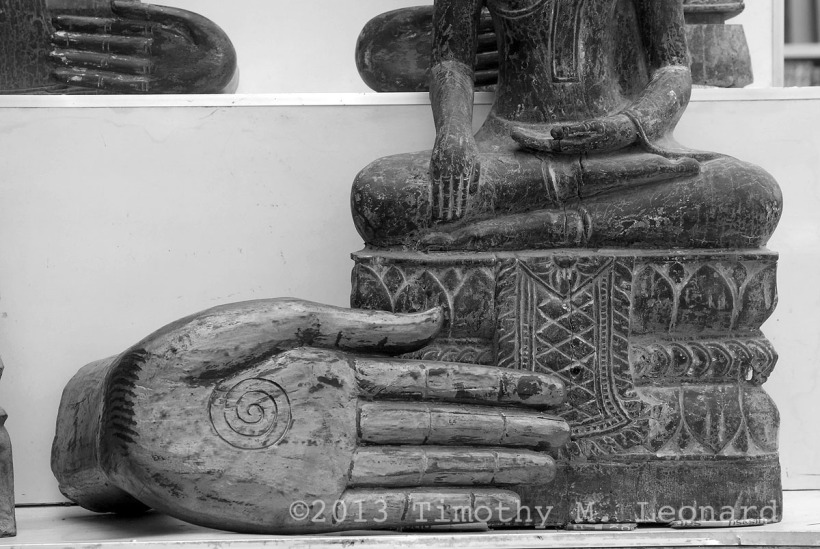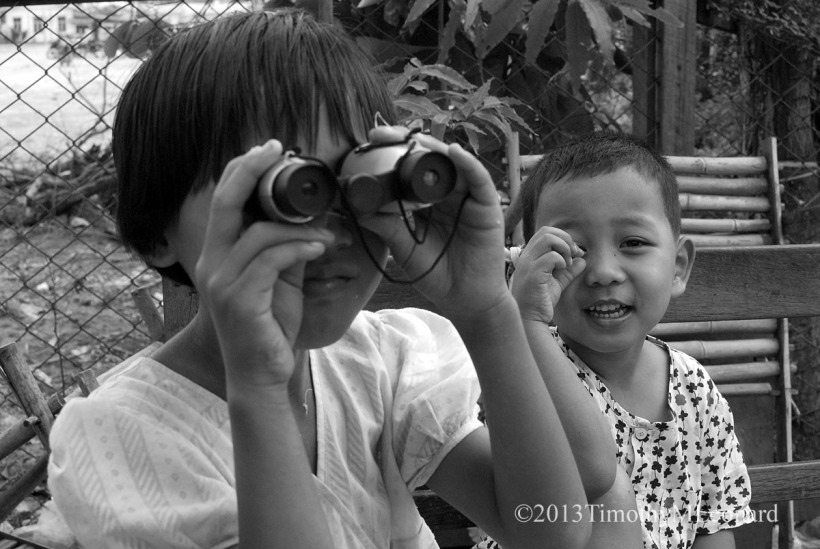Gabriel Garcia Marquez Quotes
“No medicine cures what happiness cannot.”
“What matters in life is not what happens to you but what you remember and how you remember it.”
“He allowed himself to be swayed by his conviction that human beings are not born once and for all on the day their mothers give birth to them, but that life obliges them over and over again to give birth to themselves.”
“It is not true that people stop pursuing dreams because they grow old, they grow old because they stop pursuing dreams.”
“He dug so deeply into her sentiments that in search of interest he found love, because by trying to make her love him he ended up falling in love with her. Petra Cotes, for her part, loved him more and more as she felt his love increasing, and that was how in the ripeness of autumn she began to believe once more in the youthful superstition that poverty was the servitude of love. Both looked back then on the wild revelry, the gaudy wealth, and the unbridled fornication as an annoyance and they lamented that it had cost them so much of their lives to find the paradise of shared solitude. Madly in love after so many years of sterile complicity, they enjoyed the miracle of living each other as much at the table as in bed, and they grew to be so happy that even when they were two worn-out people they kept on blooming like little children and playing together like dogs.”
― Gabriel García Márquez, One Hundred Years of Solitude
“The world must be all fucked up," he said then, "when men travel first class and literature goes as freight.”







 Share Article
Share Article 




